French President Emmanuel Macron arrived at Berlin airport on the afternoon of May 26, starting the first state visit by a French head of state to Germany in 24 years, at the invitation of his German counterpart Frank-Walter Steinmeier.
The last state visit by a French president to Germany was by Jacques Chirac (1932-2019) in 2000. Of course, during that “gap” of nearly a quarter of a century, heads of government and ministers from both countries met regularly, even every few months. Macron himself was a “regular visitor” to Berlin, meeting German Chancellor Olaf Scholz at various events, in an effort to coordinate views on foreign policy and the European Union (EU).
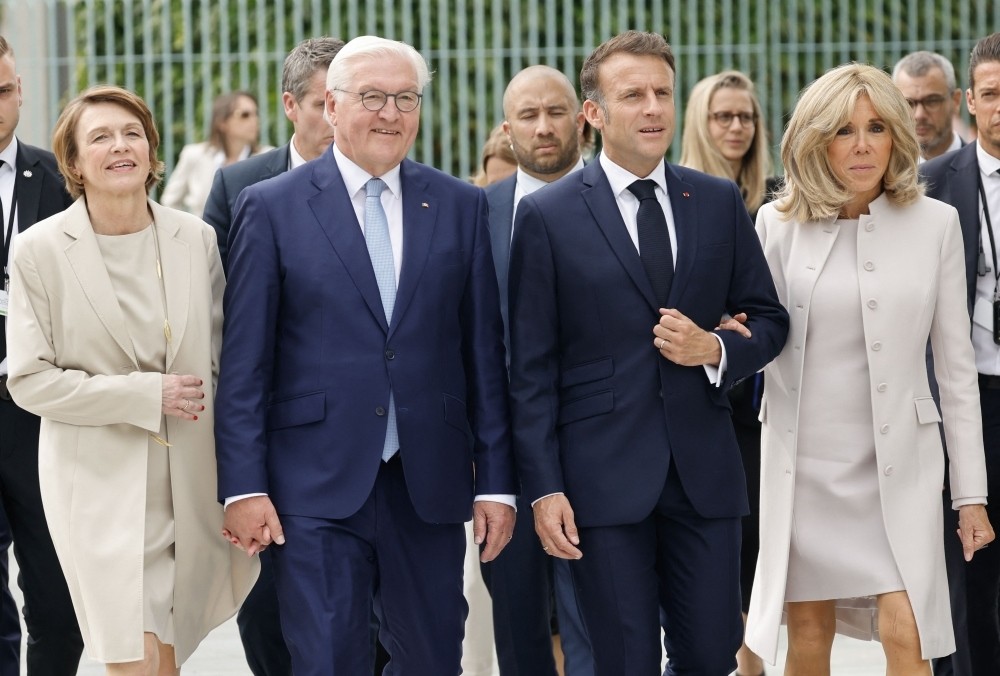 |
| German President Frank-Walter Steinmeier (2nd from left) and his wife Elke Buedenbender and French President Emmanuel Macron (2nd from right) and his wife Brigitte Macron on their way to attend an event as part of the Democracy Festival on May 26 in Berlin. (Source: AFP) |
The two presidents are expected to kick off the Franco-German summer of sports, which will include the European Football Championship and the Olympics. In Münster, the Elysee will be awarded the Westphalian International Peace Prize, which honors “an outstanding individual who is committed to unity and peace in Europe.”
Mr Macron's presence in Germany these days, according to President Steinmeier, is "proof of the deep friendship between France and Germany". The rare state visit in the history of Franco-German relations is also an opportunity for the two largest EU powers to show unity ahead of the European Parliament (EP) elections starting on June 6. The two countries will try to find common ground on the EU's agenda for the next five years.
According to France 24 , the visit is seen as a “health check” of the Franco-German relationship that drives EU policymaking, at a time of major challenges for Europe: from the conflict in Ukraine to the possibility of Donald Trump being elected US President in November.
Speaking on his first day in Berlin, the French leader said that people often talk about problems in Franco-German relations for decades, but the two countries "achieve extraordinary things together" and are truly "at the heart of Europe".
Notably, President Emmanuel Macron and Chancellor Olaf Scholz have very different leadership styles, even clashing publicly on issues ranging from defense to nuclear energy. However, the two leaders have recently reached compromises on a number of fronts, from fiscal reform to electricity market subsidies, allowing the EU to reach agreements and present a more united front.
Both Mr Scholz and Mr Macron are also keen to show the outside world that they understand each other. In a short video posted on the social network X, the two leaders even spoke in each other's languages. Mr Macron read a question from a citizen asking whether the Franco-German partnership is still important. Mr Scholz replied in French: " Hello dear friends, I confirm, long live the Franco-German friendship! " Mr Macron responded in German: " Thank you Olaf, I agree with you very much ." |
According to Dr. Yann Wernert at the Jacques Delors Institute in Berlin, Franco-German relations “have their tensions” but it is important that the two sides have “resolved some difficult topics”, such as agreeing on the need to expand the EU eastwards.
Mujtaba Rahman, managing director for Europe at the Eurasia Group consultancy, said the visit represented “an effort at the highest political level to demonstrate that the relationship is progressing” but “there are still fundamental gaps on the big issues that are looming over the EU.”
One of those gaps is in Europe’s defense capabilities, especially if Mr. Trump wins the US presidential election on November 5. Defense experts see Mr. Trump as a less reliable ally for Europe than current President Joe Biden.
Earlier this year, former Republican President Trump said he would not defend NATO members from a future Russian attack if those countries did not contribute enough to the defense alliance, and he encouraged Russia to “do whatever they want.”
France, a nuclear-armed nation that has pushed for a more self-reliant European defense, has been critical of Germany's decision to buy much of its equipment from the United States to create an "air defense shield" under Europe's Sky Shield initiative.
Meanwhile, Berlin's argument is that there is no more credible alternative to using American weapons and that Europe does not have time to wait for its domestic defense industry to prepare for threats such as Russian hostility.
The vitality of Franco-German relations is crucial to the dynamics of the European continent, despite the fact that the two countries have many differences in policies and interests on a range of issues. That is why President Macron's busy state visit to the neighboring country ahead of the European Parliament elections has attracted public attention. Can Paris and Berlin breathe new life into their historic relationship in an effort to find common ground on the upcoming EU agenda?
The 2024 European Parliament elections, which take place from June 6 to 9 across the 27 EU member states, are seen as an opportunity for the EU to push forward with more ambitious plans. In a major foreign policy speech last month, President Macron issued a dire warning about threats to Europe in a changing world after Russia launched a military campaign in Ukraine in 2022. “Our Europe today is facing life and death and it could die. It depends on the choice we make,” the French leader asserted. |
Source: https://baoquocte.vn/tong-thong-phap-tham-duc-tim-kiem-dong-thuan-lap-day-khoang-trong-272731.html


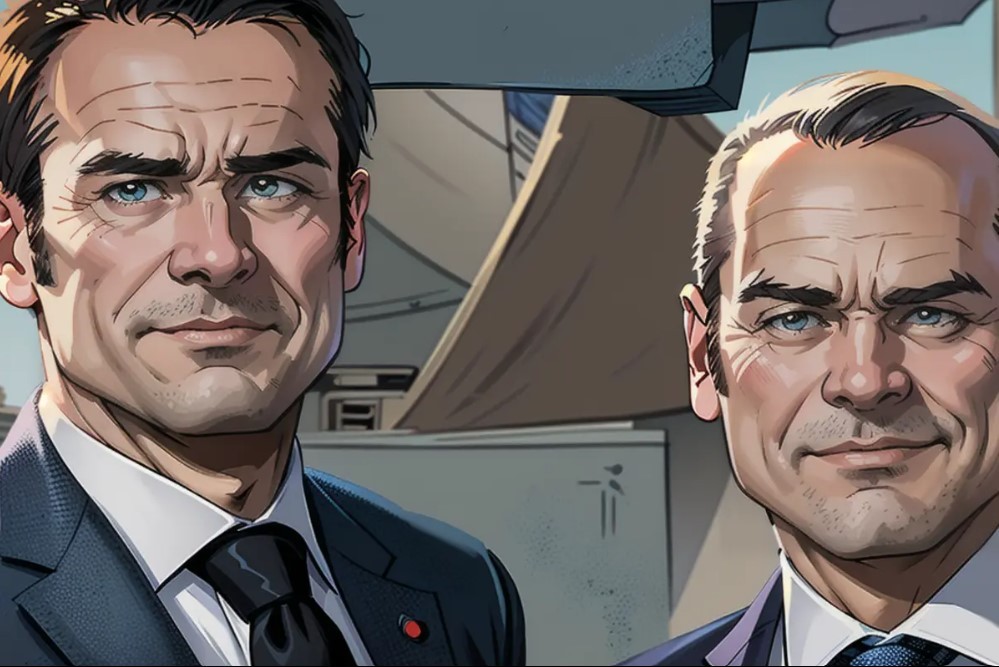
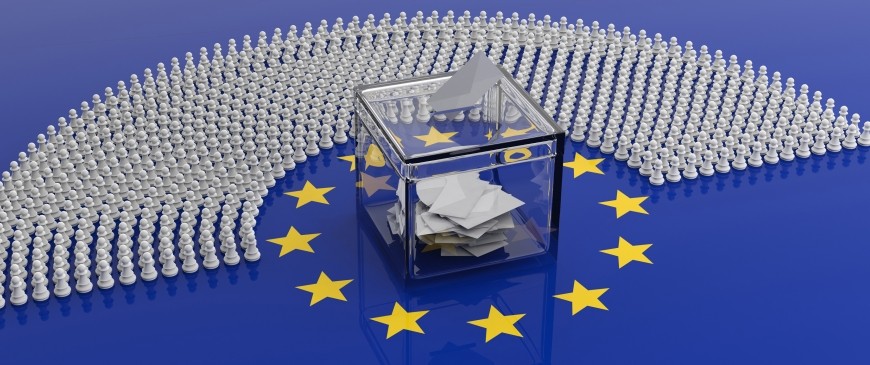
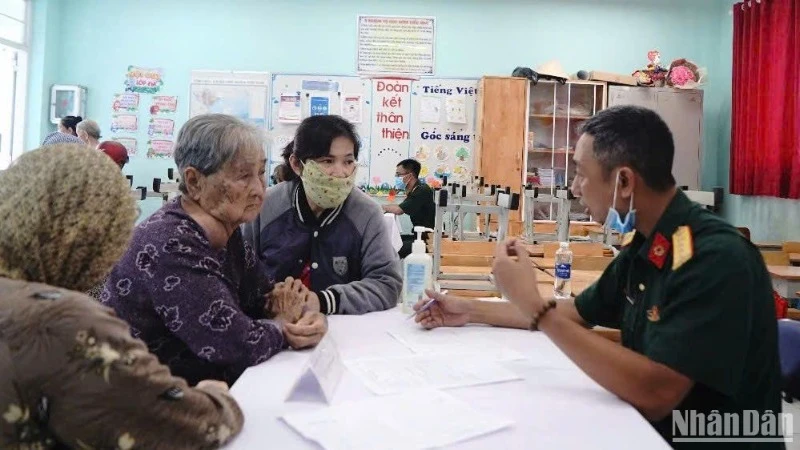

![[Photo] Prime Minister Pham Minh Chinh chairs the Government's special meeting on law-making in April](https://vstatic.vietnam.vn/vietnam/resource/IMAGE/2025/4/13/8b2071d47adc4c22ac3a9534d12ddc17)



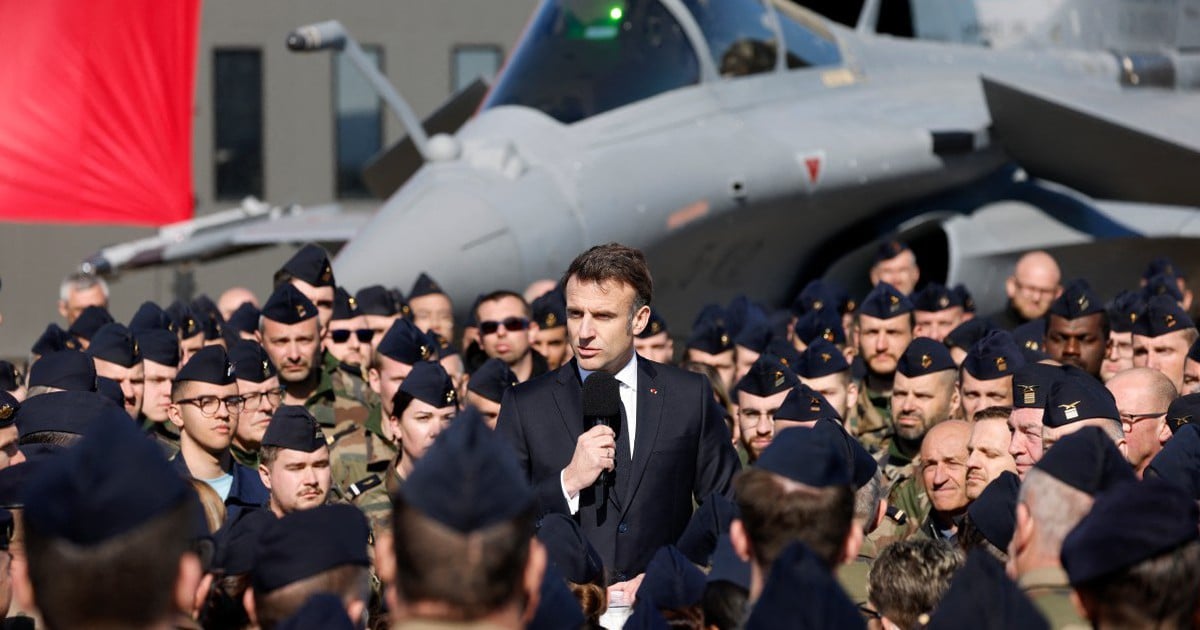

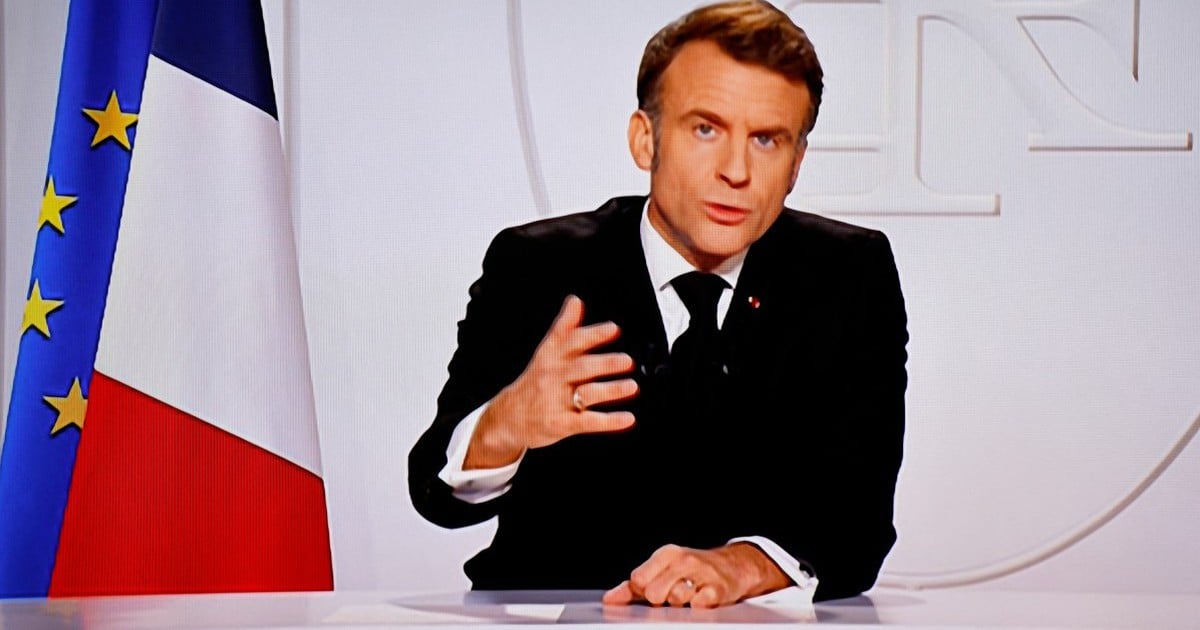
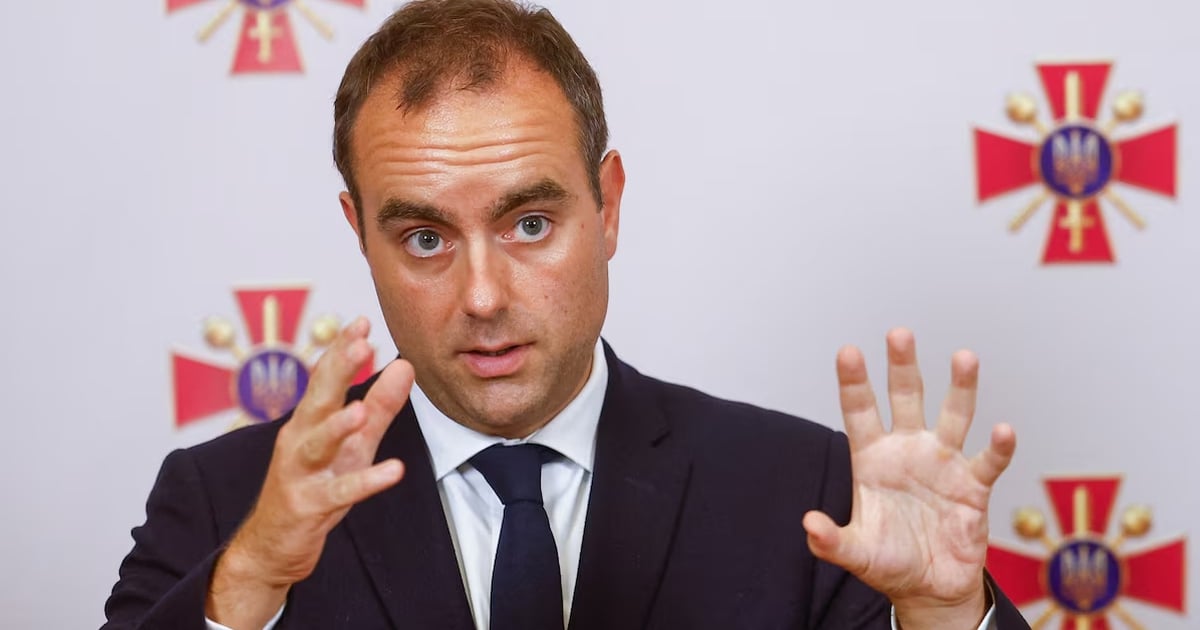
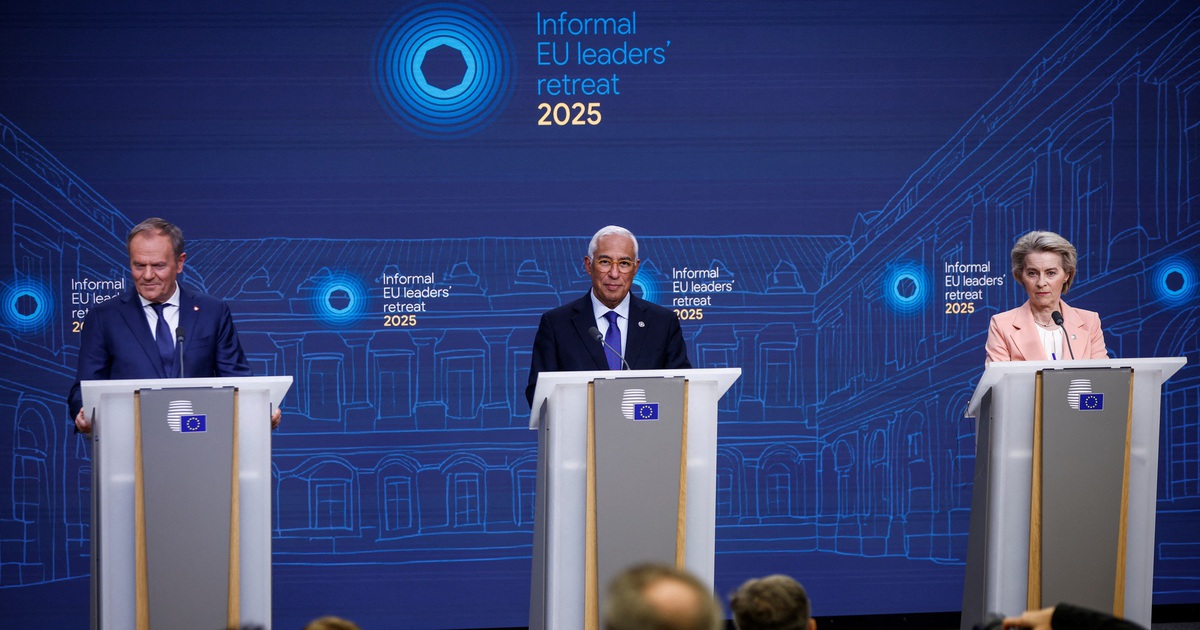
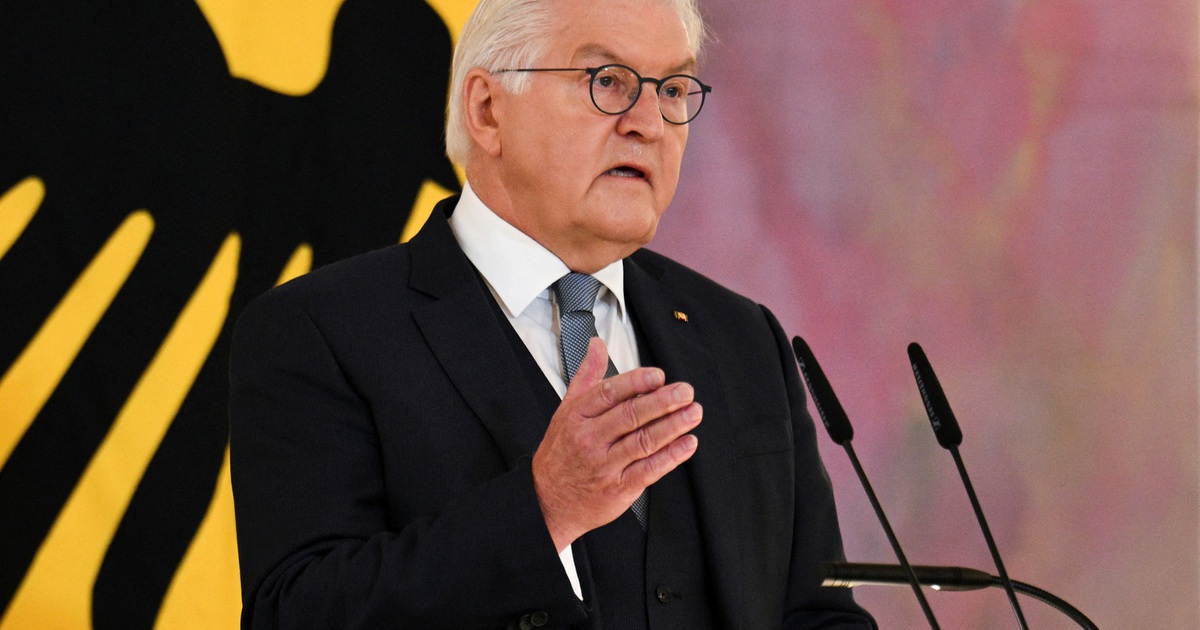
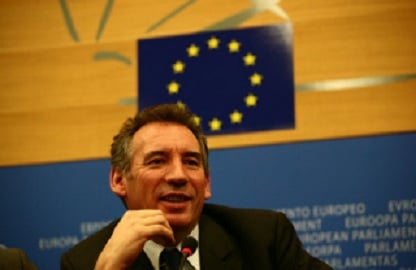

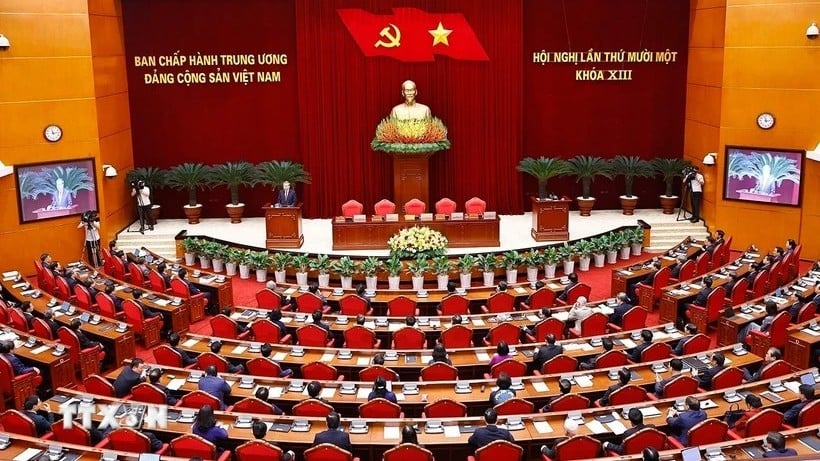







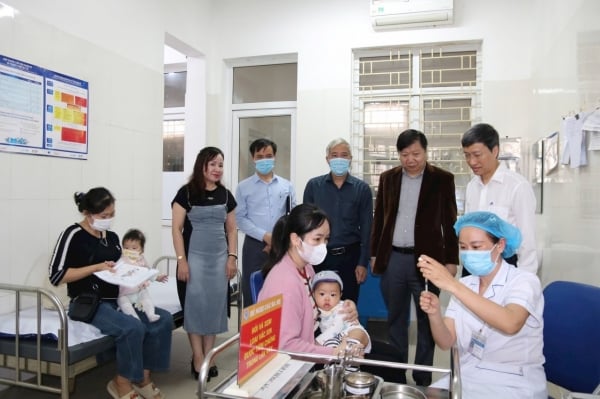

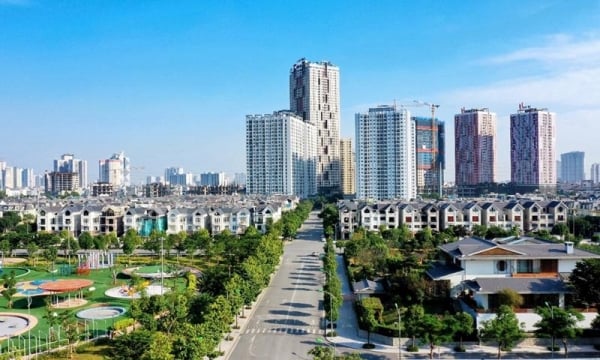
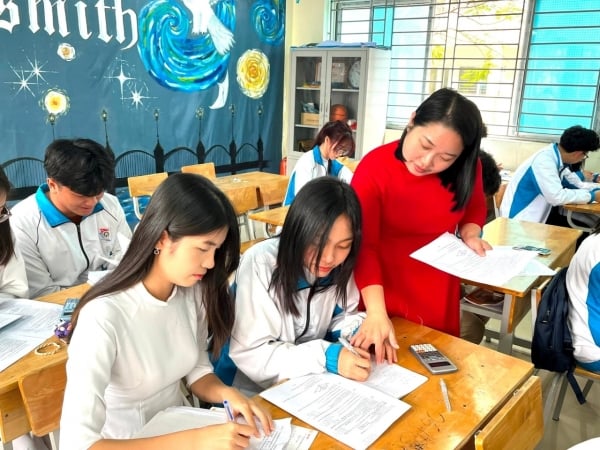
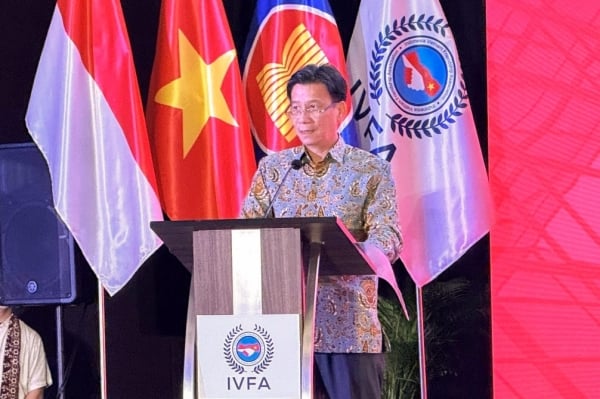

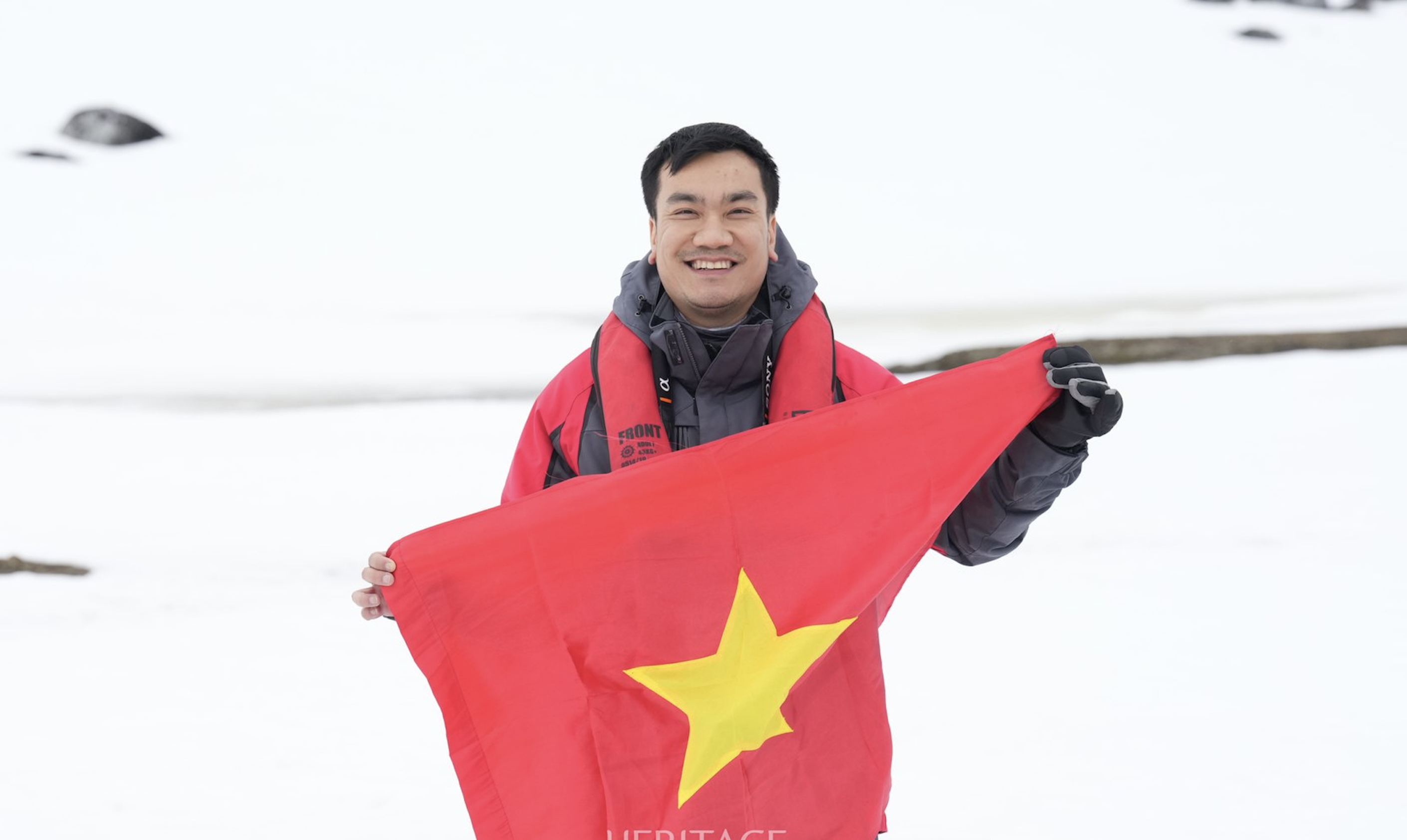













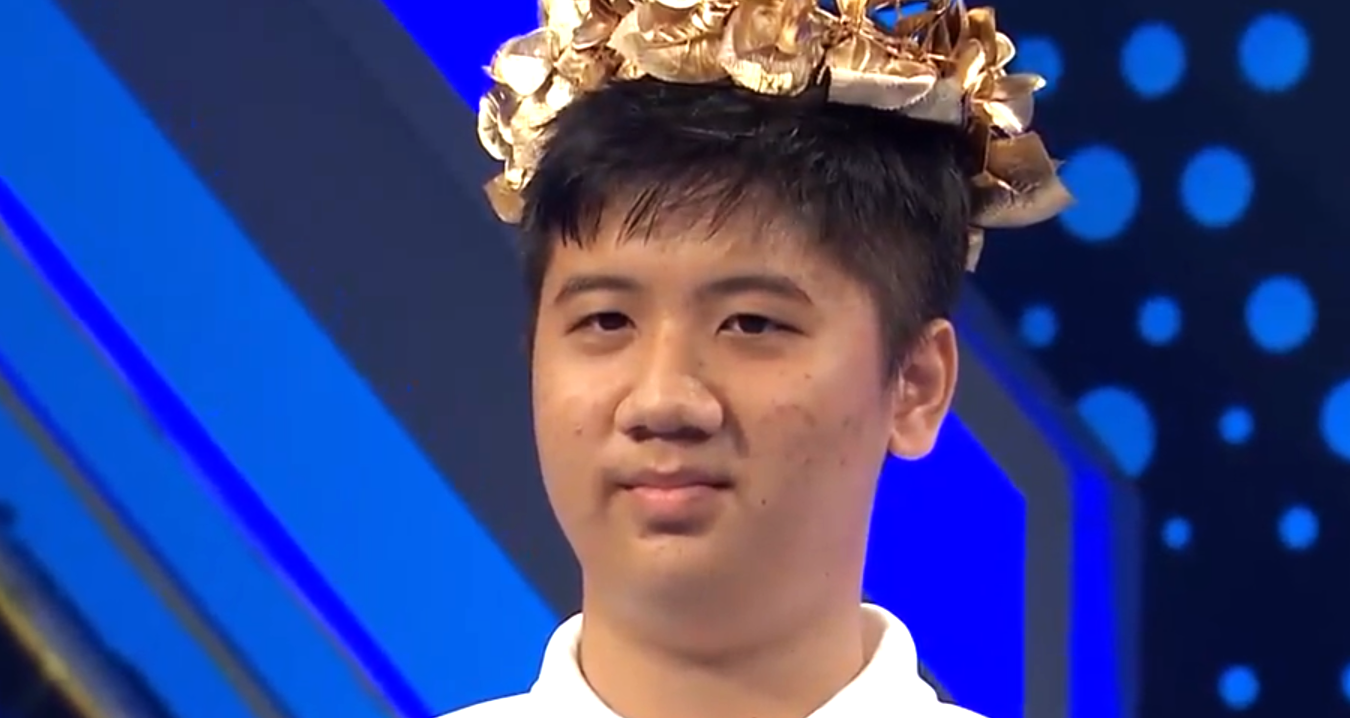






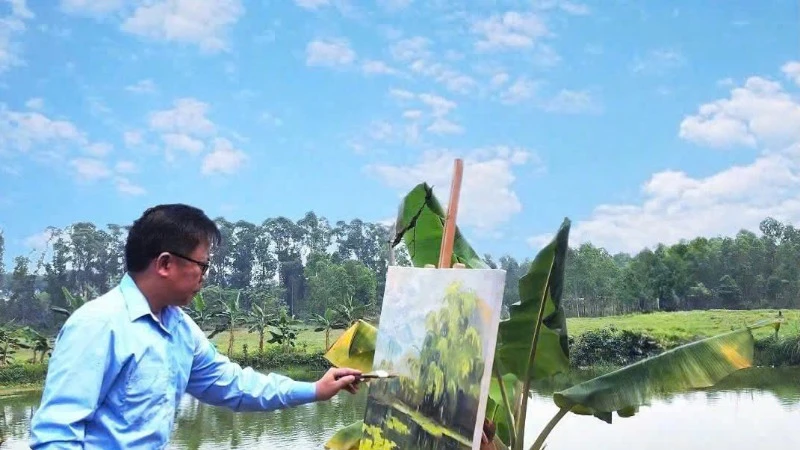








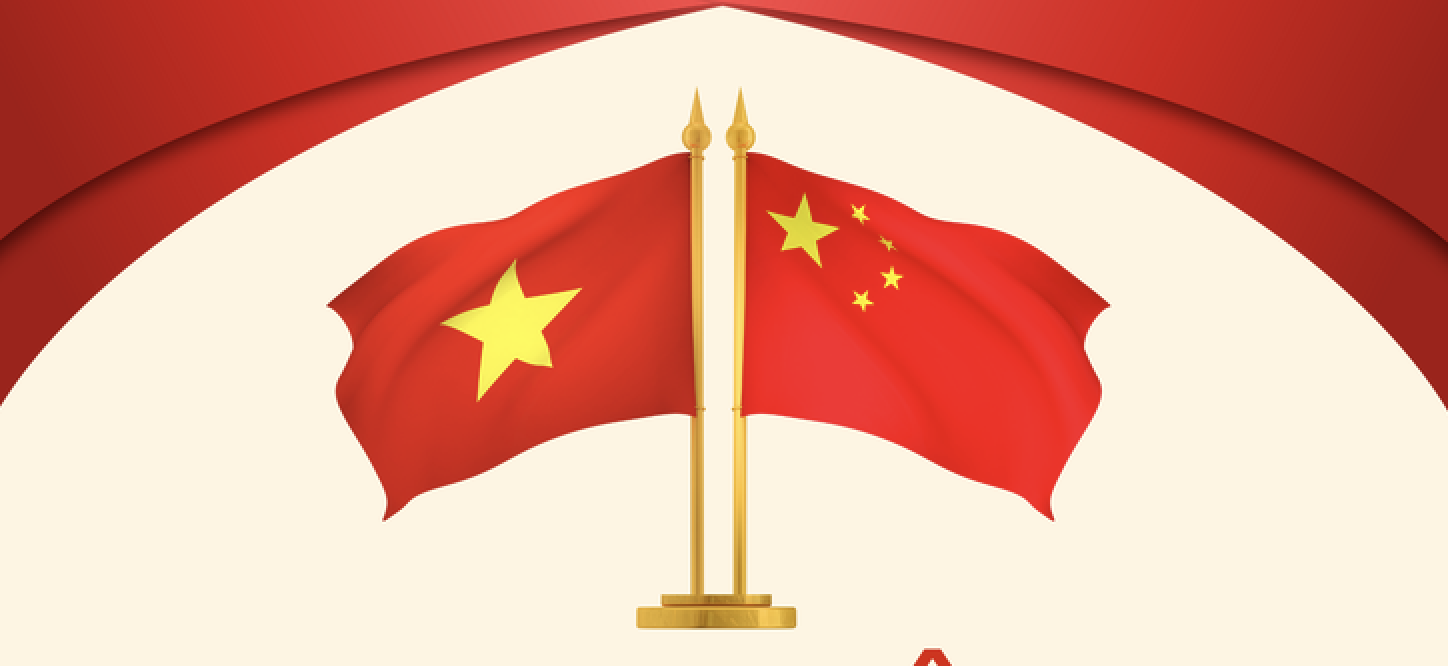
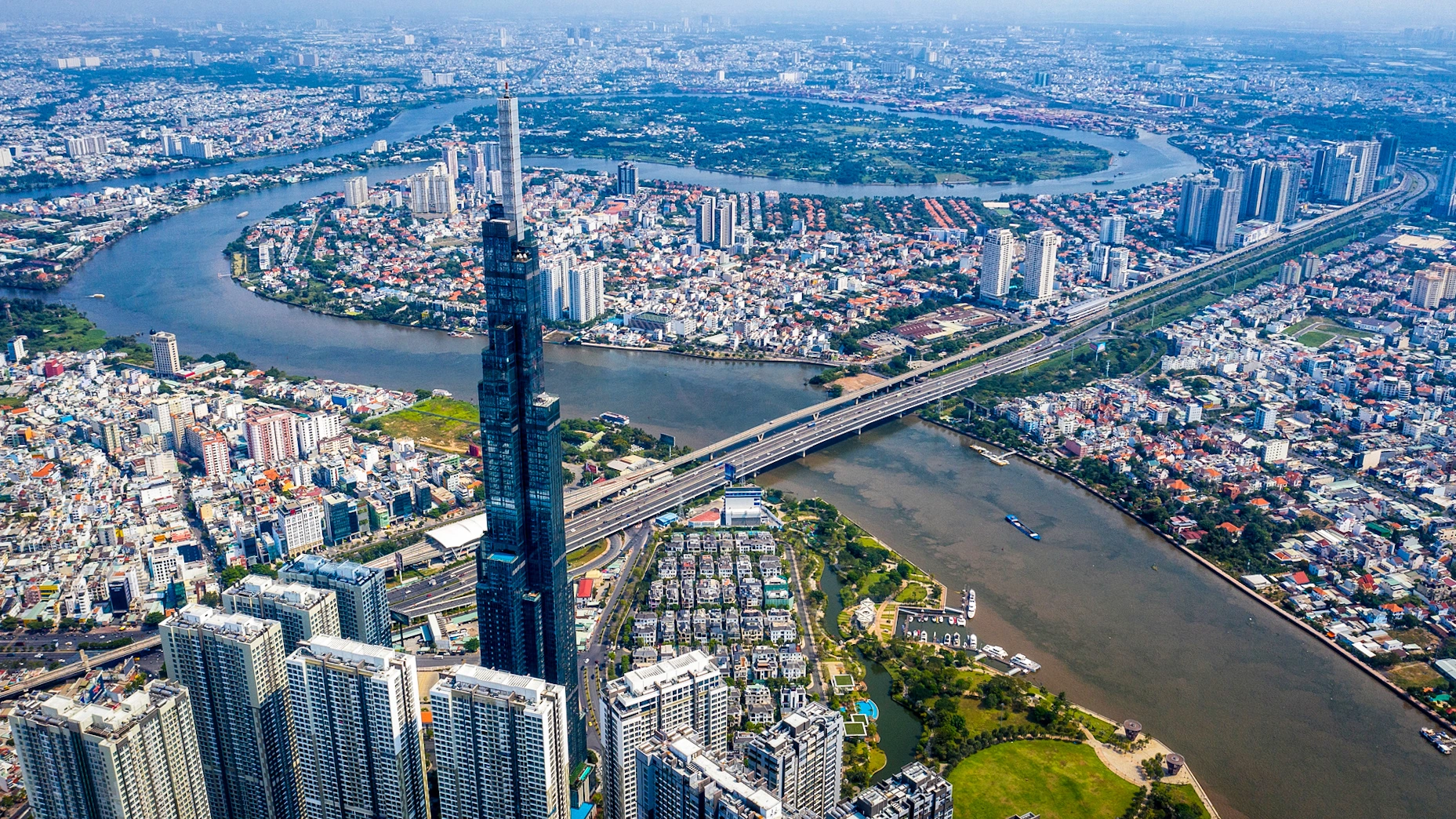




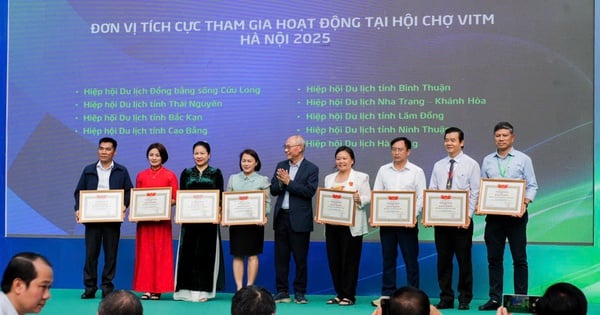










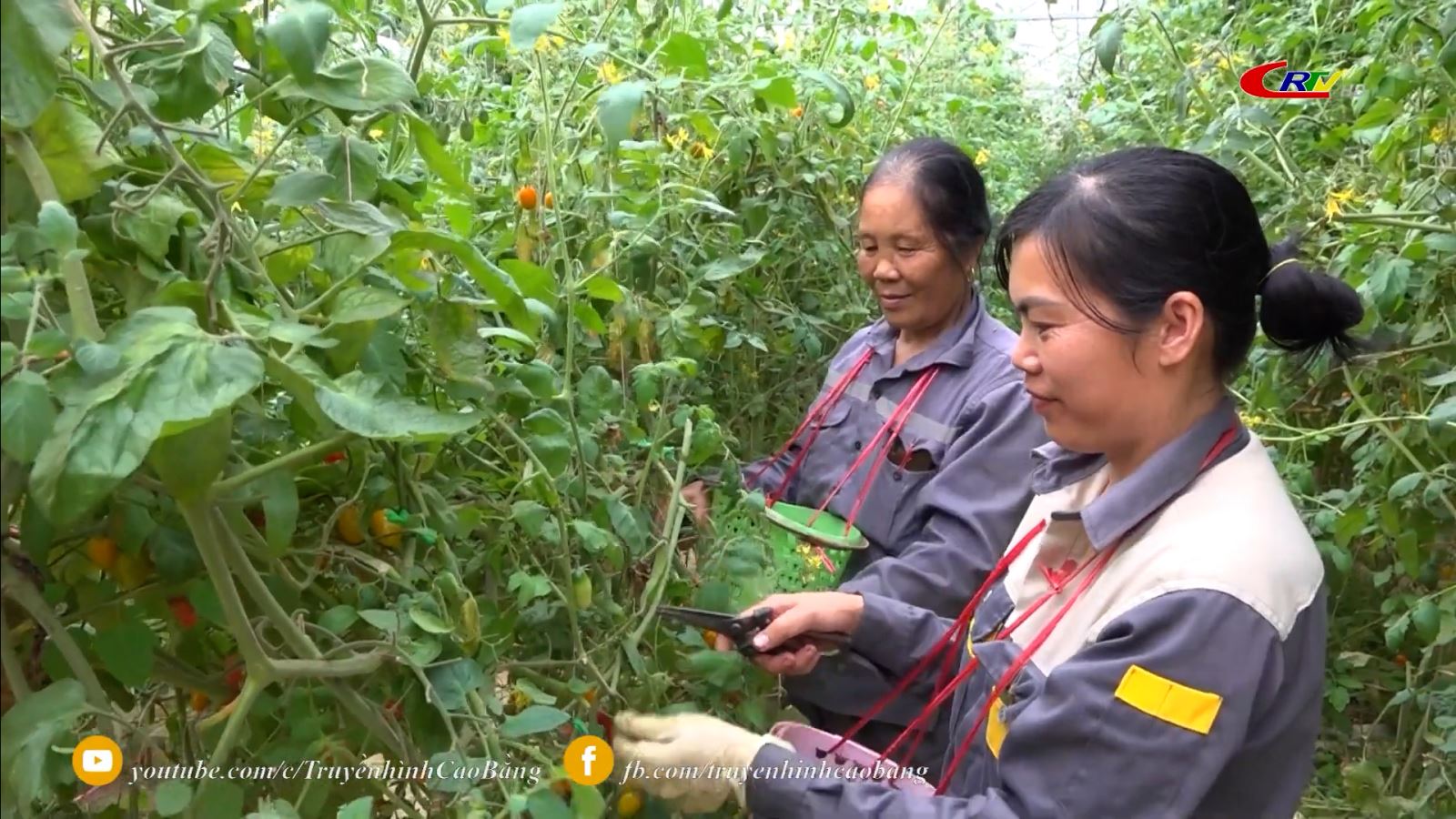


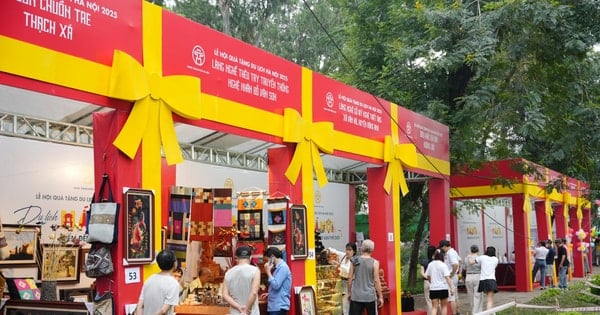
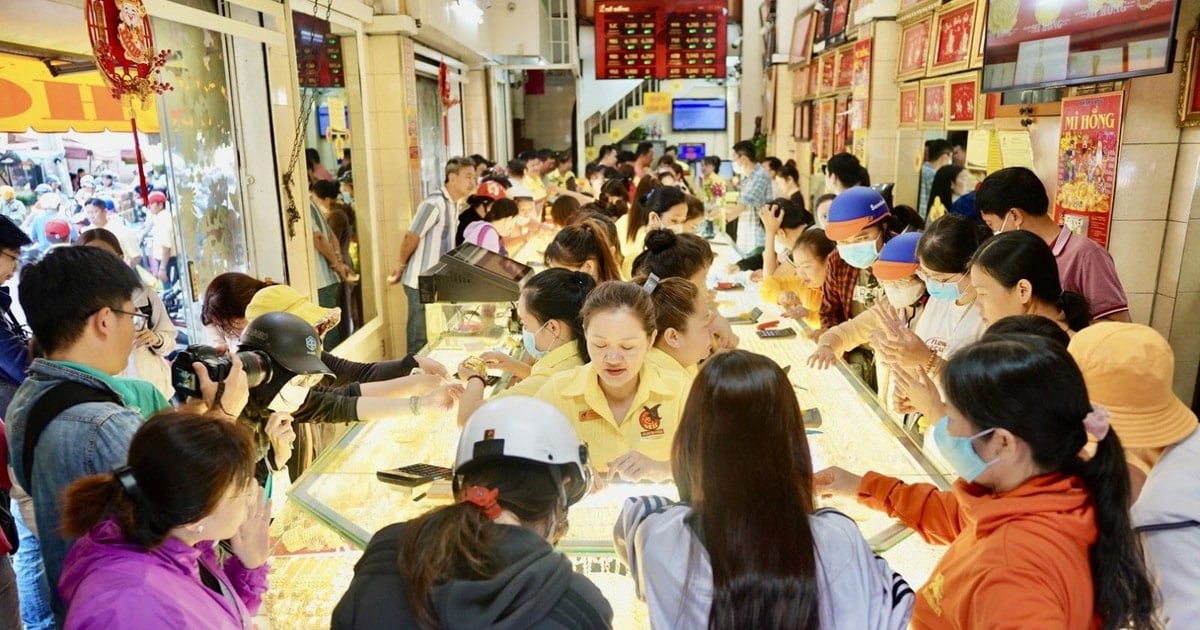












Comment (0)